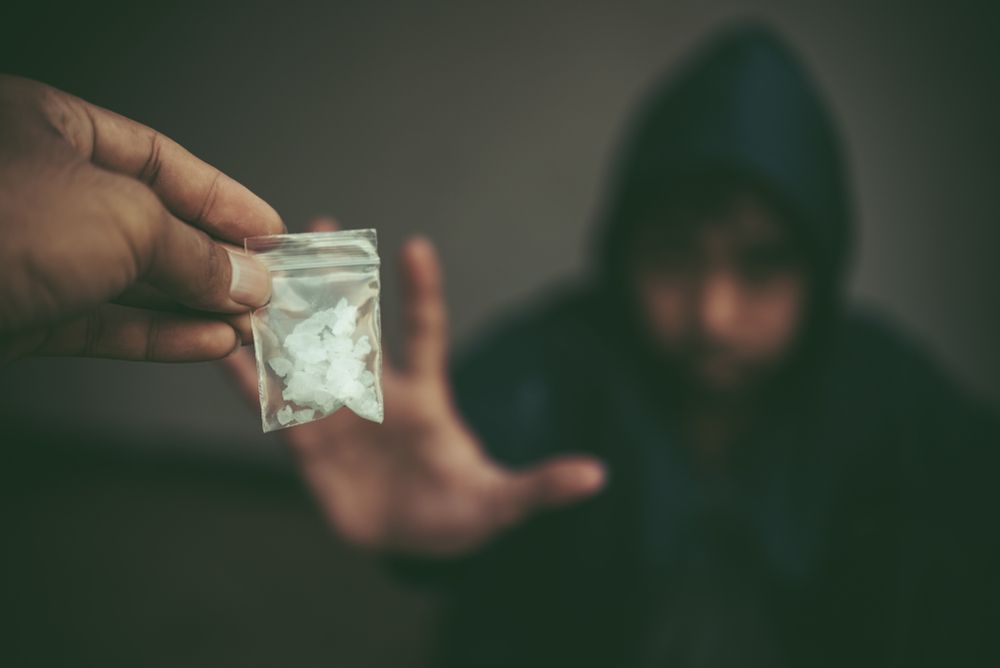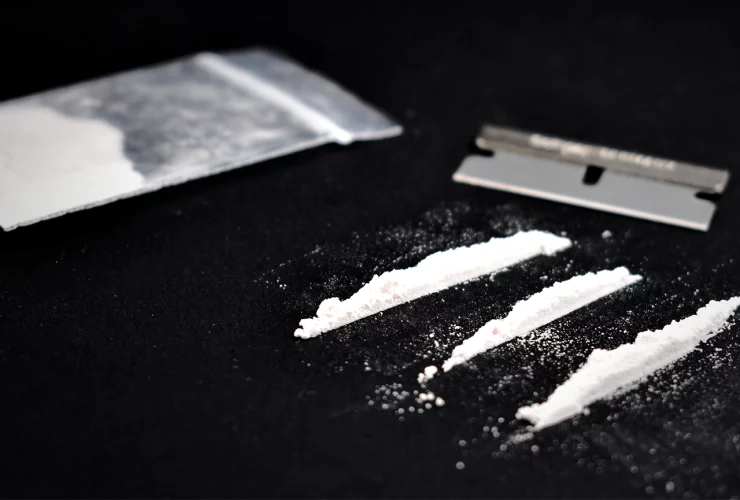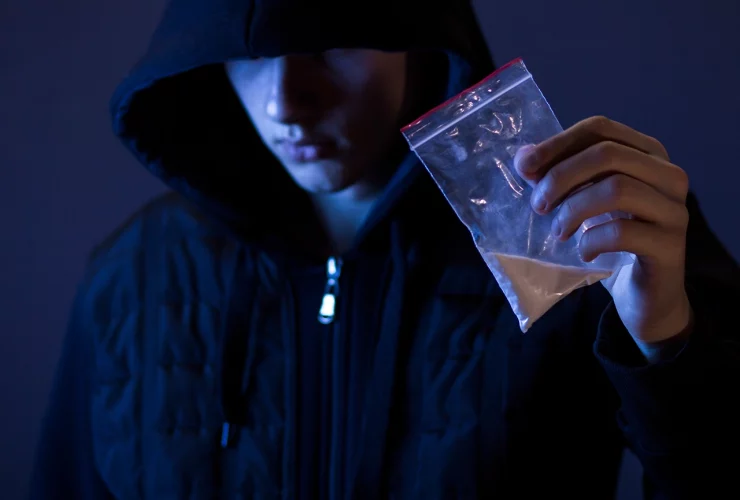Cocaine Addiction Treatment: What Happens During Withdrawal?
Many people don’t know what to expect during cocaine withdrawal. This is entirely normal. After all, odds are that it’s a process you haven’t undergone before. However, one thing that brings a silver lining of ease is the fact that the withdrawal process for cocaine does not take as much physical toll compared to other substances.
Generally, withdrawal is known to be a challenging process. For starters, it comes with loads of both physical and psychological effects for the individual involved. When going through cocaine withdrawal, several effects are expected. The withdrawal process comes with symptoms and signs you need to prepare for. Also, some specific tips can help you cope better with cocaine withdrawal.
In the same vein, the cocaine withdrawal symptoms that follow a comedown from use vary between mild and severe. In this blog, we take a look at the symptoms and effects you can expect during cocaine addiction withdrawal. But first, we explore how to treat cocaine addiction.
How to Treat Cocaine Addiction
Though what to expect during cocaine withdrawal varies from one individual to another, there are two approaches to enforcing a comedown from an abuse of the substance.
Pharmacological Approaches
As of now, there is no approved drug for the treatment of cocaine addiction. However, over the past years, there has been intensive research on the subject, which has explored an array of neurobiological targets. In recent years, the research has focused on dopamine – a messenger molecule found in the brain, which allows for communication between nerve cells. There is, however, still not much-certified assertions to make about the progress in this area.
Despite this, some medications have shown considerable improvement in helping patients come down with cocaine addiction. Though these are still mainly clinical trials, Disulfiram has been promising. This drug is yet to pass clinical trials because there is no scientific proof of how it works on the brain to achieve it. Methadone is another drug that can be used to help treat substance abuse.
Beyond these, scientists are also working on vaccination as a way to prevent relapse in patients withdrawing from cocaine. So many scientists are learning about cocaine addiction that is only a matter of time before a certified medication is developed. This leaves behavioural approaches as the more effective treatment method for cocaine addiction.
Behavioural Approach
So far, behavioural approaches have been the most effective in combating addiction to cocaine. Though several patients find it very hard to comply with the treatment process, support from family and friends can make it easier.
The various therapies used include a reward for goals, cognitive behavioural therapy, acupuncture, hypnosis, music therapy and more. These therapies are not perfect, and will always come with cocaine withdrawal symptoms. But they are significant steps in the right direction.
Related article: Cocaine Addiction Treatment: Face to Face with the Biggest Problem in Canada
What is Cocaine Withdrawal?
Cocaine withdrawal is simply a condition that occurs when a patient stops the use of the substance. At this stage, there is a hampering of the process with which dopamine is produced in the brain due to the presence of cocaine. When the patient stops using the substance, it’s hard to feel normal, as the person has over time developed a dependence on the substance.
The long term use of the substance has made the individual subconsciously only feel normal when using. Therefore, trying to function properly without taking the substance is referred to as withdrawal.
How Long Does Cocaine Withdrawal Take?
Cocaine withdrawal treatment can be very tedious. For starters, the timeframe for how long cocaine withdrawal takes is a weird one. Sometimes, withdrawal can last for just a few weeks, while others go on for months. The timeline for the withdrawal from cocaine use is divided into three.
Phase 1
This is a very delicate phase as no one knows exactly what to expect during cocaine withdrawal. You see, the symptoms differ from person to person. The time frame for this stage is a maximum of 3-4 days. In that time, most individuals suffer from weakness and an intense craving for the substance.
Phase 2
Individuals at this phase are more relaxed than those in the first phase, and it can last as much as ten weeks. However, the craving and symptoms at this stage can be very intense. But after a while, the effects of cocaine withdrawal start to wear out, and that is proof of progress.
Phase 3
This can also be referred to as the extinction phase, but it is also the stage of increased vulnerability. The risk of relapse is high at this stage, especially when there is an exposure to triggers. At this stage, you need more professional cocaine addiction treatment to maintain long-term sobriety.
What are the Signs to Expect during Cocaine Withdrawal?
During cocaine withdrawal treatment, some symptoms and signs come with each of the three stages mentioned above.
For Phase 1
This can also be described as the crash phase. The symptoms associated with it include:
- A drastic reduction in energy level and a continuous decline in motivation
- Severe hunger
- You get easily irritated
- You suffer from increased anxiety
- You experience fatigue easily
- In the absence of a support system, you become prone to extreme depression.
For Phase 2
This comes with many variables, and it is impossible to determine precisely what to expect during cocaine withdrawal at this stage. However, some of the common symptoms noticed are:
- Extreme trouble concentrating
- You suffer from decreased energy levels
- You suffer from mood swings
- Increased dysphoria
- There is an increase in anxiety levels
- Paranoia is a common symptom
- An increase in the level of cravings you get.
For Phase 3
This is also referred to as the extinction phase, and once you are here, there is just a little more to be done. Most likely, you won’t experience as many symptoms as you did at the start of withdrawal. But these are still possible:
- Downcast mood
- Some degree of craving
- Sudden mood changes
Is Cocaine Withdrawal Dangerous?
What to expect during cocaine withdrawal differs from individual to individual. Additionally, without medical care, the symptoms can prove to be dangerous. That is why the importance of a professional treatment centre that offers medical care cannot be understated.
At the start of the withdrawal procedure, you may be exposed to a set of abnormal feelings and effects, which may result in a relapse. To this effect, there is a need for you to be determined to quit when starting the withdrawal process. These will help you navigate the effects of cocaine withdrawal ranging from depression to fatigue, paranoia, etc.
The degree to which these effects – as stated in the previous section – get severe is dependent on the following;
- How long you have been using cocaine
- The amount of cocaine you have used in this timeframe
- The presence of other abused drugs in your system
- Presence or absence of underlying mental or health conditions.
Final Take
Knowing what to expect during cocaine withdrawal is one thing. However, going at it with professional addiction treatment support is another thing. Withdrawal starts with your willingness to get rid of the addiction.
This, coupled with support from family, loved ones, experts and support groups, can be vital. Here at Inspire Change Addiction Rehab in Vancouver for addiction treatment programs, we offer professional help to help manage cocaine withdrawal symptoms effectively. Call 888-508-9802 to schedule an appointment today!








